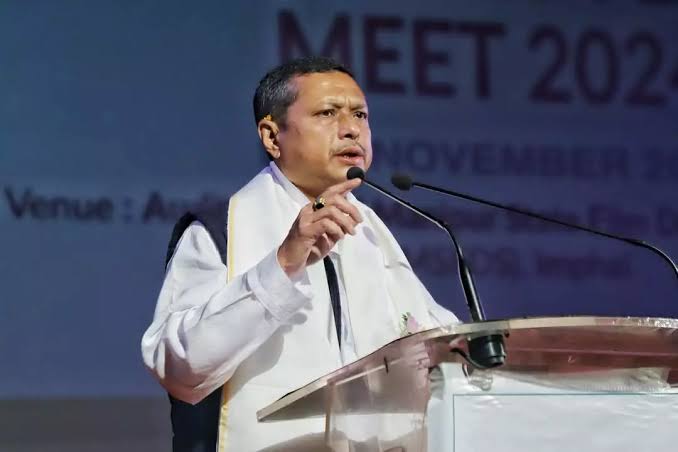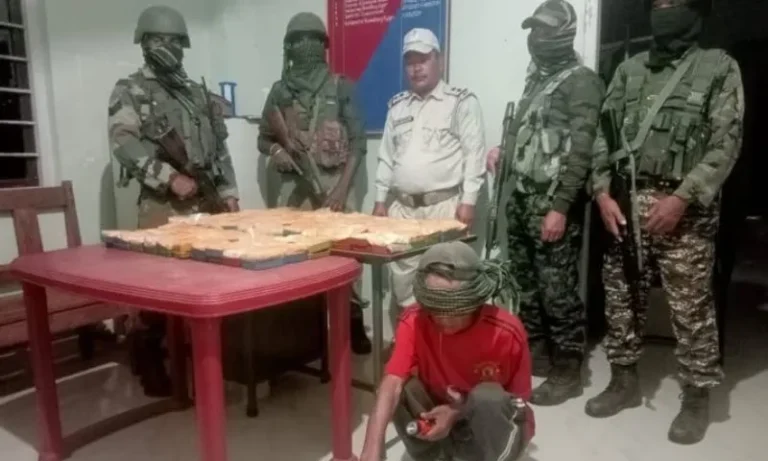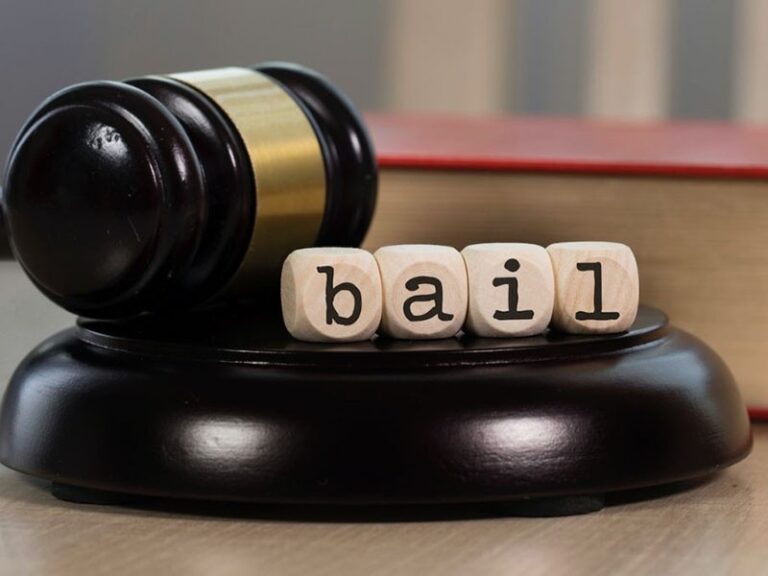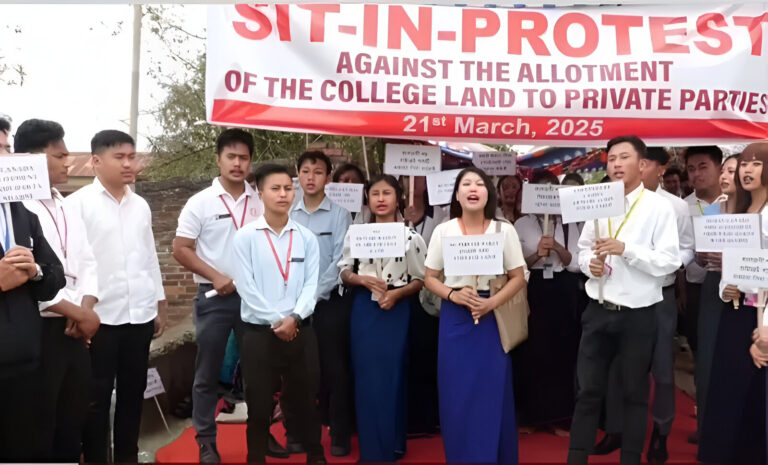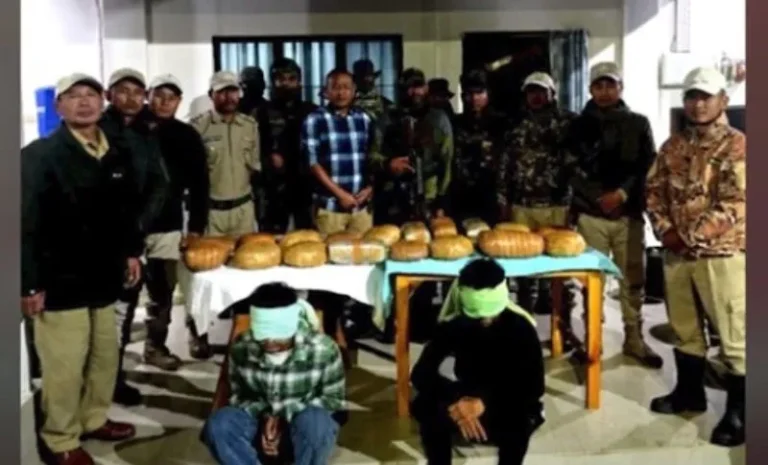Don’t Cross Line: Manipur MP To Mizoram Lawmaker Who Advocated Separate Admins To End Strife
Summary of the News Article
A recent statement by Manipur MP Rajkumar Ranjan Singh addressing Mizoram MLA Lalrinawma’s remarks on the ongoing ethnic crisis in Manipur has sparked fresh debates. Singh, who firmly opposed Lalrinawma’s suggestion of separate administrations for different ethnic groups, emphasized maintaining the state’s territorial integrity. The controversy arises amidst ongoing tensions stemming from violent clashes that have severely impacted Manipur since May 2023, with calls for resolution and peace gaining urgency.
A Comprehensive Dive into the Issue
Background of the Conflict
Manipur has faced escalating violence since May 2023, primarily fueled by ethnic tensions between the Meitei and Kuki-Zo communities. These tensions were exacerbated by demands for Scheduled Tribe (ST) status by the Meiteis, which led to widespread unrest. Over 220 lives have been lost, with thousands displaced from their homes. The crisis has highlighted deep-rooted mistrust and historical grievances between the communities.
The Controversial Proposal
Mizoram MLA Lalrinawma recently proposed creating separate administrative zones to address the conflict. This suggestion aimed to provide localized governance for the Meitei and tribal groups, ostensibly as a step towards peace. However, this idea has been met with strong opposition from Manipur leaders and lawmakers, who view it as a threat to the state’s unity.
MP Rajkumar Ranjan Singh’s Response
MP Singh, who represents Inner Manipur, dismissed the proposal, cautioning against crossing “red lines.” He argued that such a solution undermines Manipur’s territorial integrity and would deepen divisions instead of fostering unity. According to him, resolving the crisis requires dialogue, equitable development, and rebuilding trust between communities—not dividing the state further.
Ethnic Conflict and Broader Implications
The call for separate administrations has stirred fears of Balkanization—a scenario where internal divisions lead to fragmentation. Critics argue that this approach could set a dangerous precedent for other conflict-ridden regions in India, potentially threatening the nation’s federal structure.
Singh’s remarks underscore a collective push from political representatives in Manipur to prioritize healing and inclusivity while avoiding radical administrative changes. He also called for the central government to engage more decisively in peace-building efforts.
Public Reaction
The proposal has polarized opinions. Some support localized governance as a temporary measure to ease tensions, while others see it as an existential threat to Manipur’s identity. Civil society groups and political observers have expressed skepticism, emphasizing that peace can only be achieved through sustained dialogue involving all stakeholders, including community leaders and the central government.
Steps Forward: What’s Needed?
- Inclusive Dialogue: A comprehensive dialogue involving all affected communities, political leaders, and civil society organizations is crucial. This should be facilitated by the central government to ensure impartiality.
- Addressing Root Causes: The government must address longstanding grievances such as economic disparities, land rights, and identity politics that have fueled ethnic tensions.
- Security and Rehabilitation: Ensuring security for displaced people and rebuilding trust in state institutions are critical for fostering peace.
- Equitable Policies: Policy measures that benefit all communities equally, especially in terms of development and representation, can pave the way for long-term harmony.
FAQs
- What triggered the violence in Manipur?
The violence began in May 2023 following protests against the Meitei community’s demand for Scheduled Tribe status, which tribal communities opposed. - Why is the proposal for separate administrations controversial?
Many see it as a threat to Manipur’s territorial integrity and believe it could escalate divisions instead of resolving them. - What role is the central government playing?
The central government has deployed forces and initiated peace talks, but critics argue its response has been slow and insufficient. - How has the public reacted to the crisis?
Reactions are mixed; while some support reconciliation efforts, others demand stronger actions against perceived injustices. - What is the way forward for Manipur?
Inclusive dialogue, addressing root causes of conflict, ensuring security, and equitable development are essential for peace.
